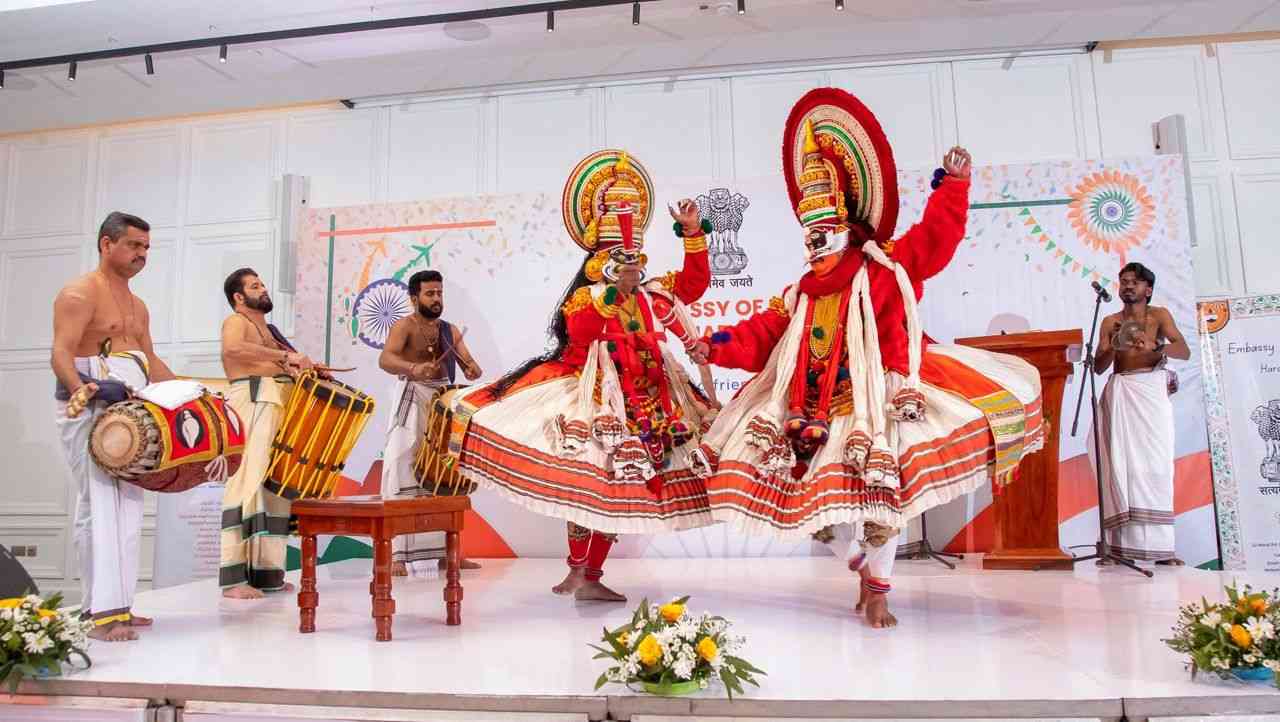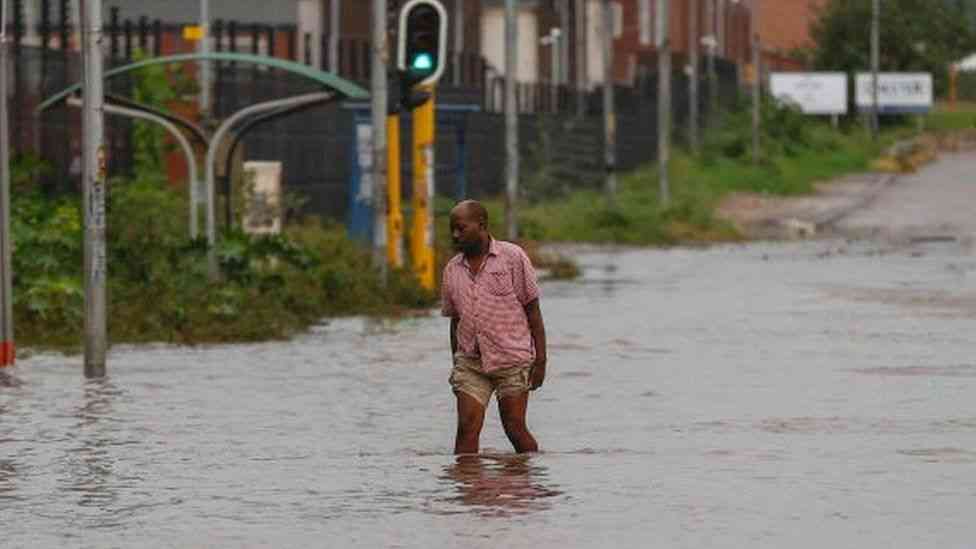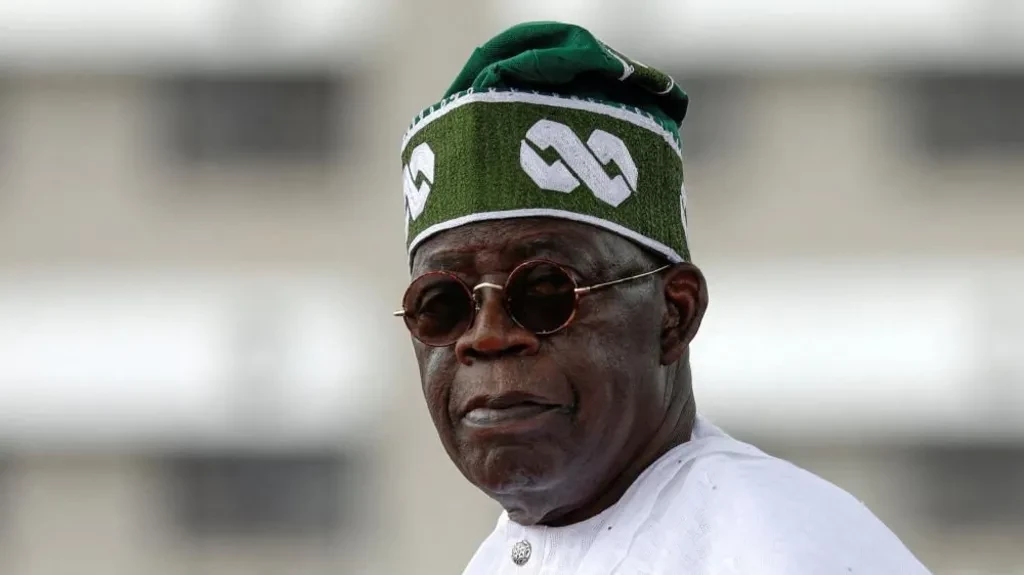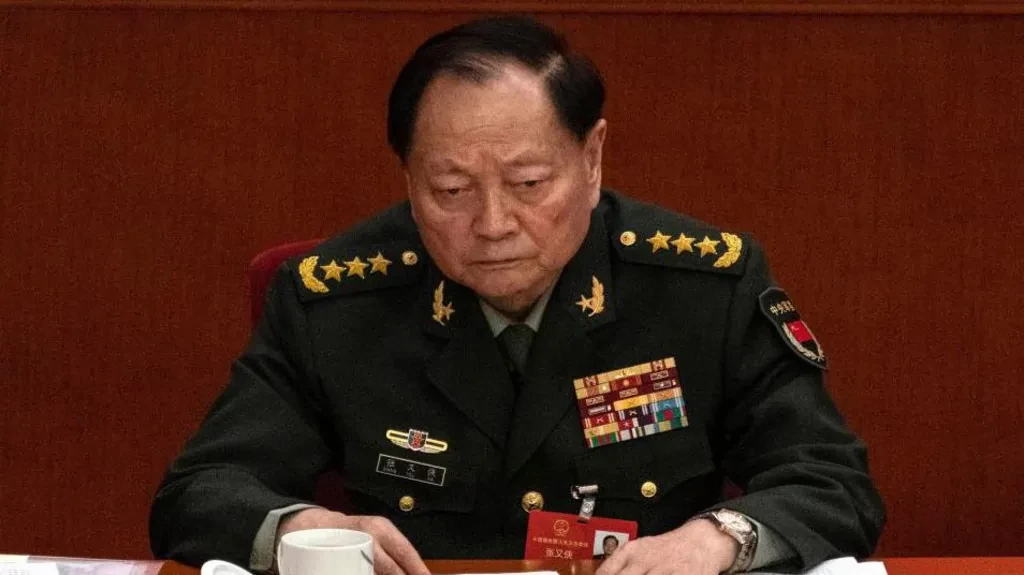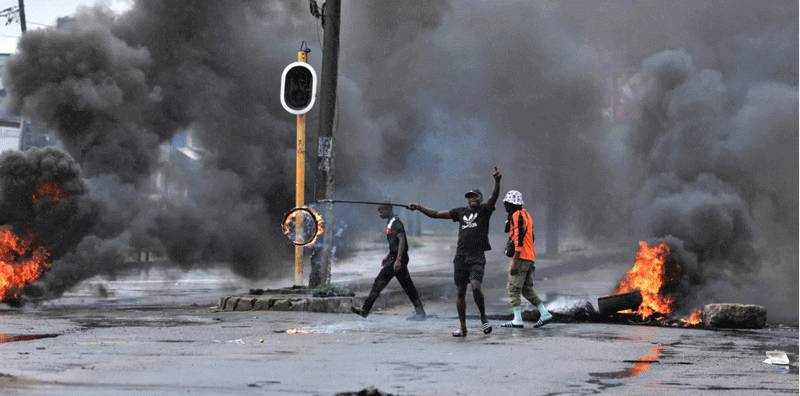
HEAVY-HANDED tactics; the introduction of laws that contravened human rights, weaponising the judicial system and violently repressing protests — that was the order of the day in several southern African countries in 2024.
This is according to Human Rights Watch’s (HRW’s) World Report 2025, released last week.
The global watchdog review of human rights practices in more than 100 countries culminated in a 546-page report which revealed that in much of the world, governments cracked down and wrongfully arrested and imprisoned political opponents, activists and journalists.
Additionally, civilians were unlawfully killed and driven from their homes and access to humanitarian aid was blocked.
Explaining the growth in authoritarianism, which is not unique to the African continent, the deputy director of the Africa division at Human Rights Watch, Ashwanee Budoo-Scholtz, said the election season — particularly in nations with serious socioeconomic and political issues — saw several governments’ reluctance to yield power resulting in the widespread infringement of fundamental human rights.
Human rights abuses in Mozambique
This is evidenced by the recent election-related violence in Mozambique which started long before the contested polls on October 9, 2024, so much so that the spokesperson of the Electoral Commission accused the Mozambican police of being responsible for violence during campaigns, and the judicial system of “promoting impunity” as early as August 2024.
HRW’s Angola and Mozambique senior researcher, Zenaida Machado, said that election season was marred by reports of interference in the electoral process, which resulted in several observers questioning the integrity of the polls.
- Little hope for Zim, Africa
- African leaders dying overseas expose cruel deception of independence
- Sadc must intervene on Zim crisis: SA
- Sadc meets over water, energy and food security
Keep Reading
According to the report, abuses included the use of tear gas and live ammunition on protesting civilians and the murder of opposition party official Paulo Guambe and his lawyer Elvino Dias in October.
“The number of people who were injured by live bullets is in the hundreds and there are 5 000 people who were illegally detained by security forces,” said Machado.
“During the campaign, security forces reportedly detained and harassed local election observers. On at least one occasion, members of the riot police detained an observer in Cabo Delgado province, accusing him of being a terrorist,” added the report.
Eswatini
The humanitarian situation in Eswatini continues to deteriorate, with civic space, judicial independence and the rule of law under sustained threat.
The report found that Eswatini’s absolute monarchy failed to implement democratic reforms, with King Mswati III, in power since 1986, maintaining control over the Executive, Parliament and Judiciary.
On January 21, 2023, the king publicly warned pro-democracy activists that mercenaries would “deal with” those calling for reforms, accusing them of destabilising the country.
Just hours later, human rights lawyer and opposition activist Thulani Maseko was killed in front of his family.
The report added that the government had not held anyone accountable for the deaths of activists or the injuries inflicted during the violent 2021 crackdown on pro-democracy demonstrations.
Instead, authorities have intensified their repression of dissent, arresting critics on dubious charges, restricting peaceful protests and resisting growing calls for democratic reforms.
Eswatini’s human rights crisis underscores the urgent need for international attention and advocacy to address the continued suppression of fundamental freedoms and ensure justice for victims of state violence and systemic abuse.
Angola
The world report found that in 2024, Angolan police were accused of killings, sexual violence, disproportionate use of force, arbitrary arrest, torture and other forms of ill-treatment against activists and demonstrators.
“Last year, we didn’t have any demonstrations that were allowed to take place, except the ones that were organised by opposition parties. So it is clear that it is the government’s intention to stop citizens from going out in the streets and expressing themselves,” Machado said.
According to a report by the local Mudei Movement, police personnel tortured six persons in Luanda, Bié, and Lunda Sul provinces between April and June to get confessions for crimes.
Machado added that the Angolan government’s use of law enforcement to curtail people’s rights was also concerning, adding that HRW received multiple reports of the use of excessive force by the police.
Additionally, President João Lourenço enacted legislation that violated international human rights standards and severely restricted media, freedom of expression and association.
Media freedom would be severely restricted by the new national security law, which gives government security personnel the power to ban public or private radio stations from transmitting and interfering with some telecommunications services in “exceptional circumstances” without a court order.
This is despite Gina Romero, the United Nations special rapporteur on the rights to freedom of peaceful assembly and association, urging the National Assembly and administration of Angola to refrain from passing laws that would restrict fundamental rights.
The measure could “severely undermine press freedom, further exposing journalists to harassment, intimidation, and censorship by authorities”, according to the Committee to Protect Journalists.
Efficacy of AU and Sadc
The African Charter on Human and Peoples’ Rights dictates that African Union (AU) and Southern African Development Community (Sadc) member states must promote and protect all basic human rights and freedoms.
However, the fact that Mozambique, Eswatini and Angola are member states of the AU and Sadc has not curbed growing authoritarianism and human rights abuses in those countries, which brings into question the efficacy of the intergovernmental and regional bodies.
Allan Ngari, Africa advocacy director at HRW, explained that this inefficacy, particularly in the AU, was rooted in the body’s principle of subsidiarity.
“The AU has abdicated its responsibility to subregional entities, like the Sadc. The AU should not allow these bodies to take charge and respond to the issues themselves,” Ngari said.
“In Mozambique, Sadc has been given the responsibility to intervene in crises but we have not seen the AU take any steps to resolve these issues.”
He added that HRW had recommended to the AU that the body needed to view regional bodies as complementary to the intergovernmental body and should not pass the buck on protecting and promoting human rights.
“We have regional bodies and intergovernmental bodies that are trying their best and a lot of statements are coming out, but it’s the value of those statements that are coming out from those intergovernmental bodies [that determines their efficacy]. Those statements are not binding, There is no in-depth recourse that they can have to make sure that this growing authoritarianism comes to an end,” added Budoo-Scholtz.


